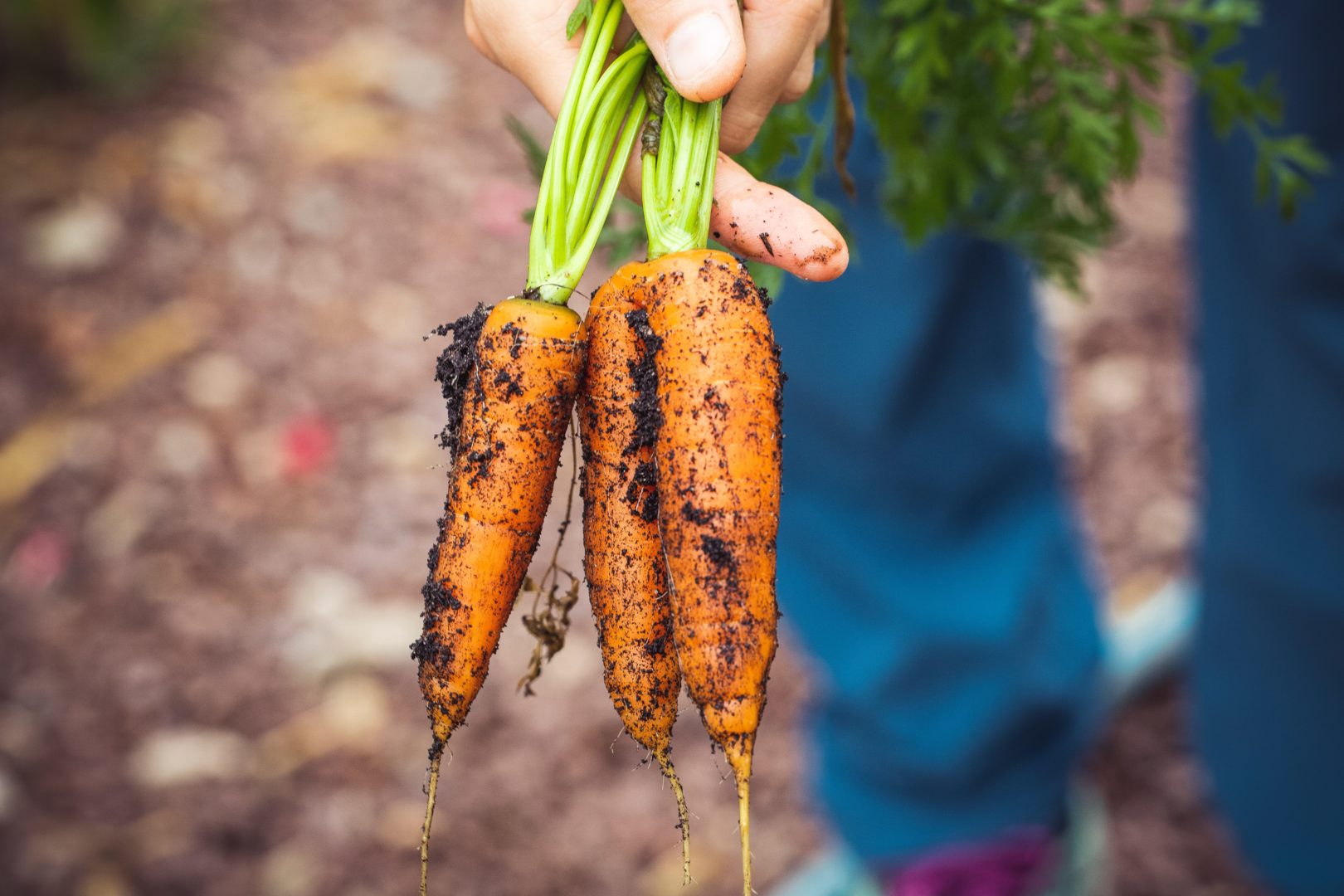Ambassador Beat Blog
By Allison French
Spring is in the air and that means it’s time to start planning your vegetable garden! Here are a few tips to help you get started:
- Location Selection
Location is one of the most important things since ‘out of sight out of mind’ 100% applies to gardening. You want to put your garden in a spot that you see regularly so you spend more time in it. You also want to consider how much sun your location will receive per day. Fruit bearing veggies require lots of sun, so you want to ensure the location that you choose can give your veggies at least 8 hours of sunlight per day. It is important to consider if there are any trees near by and where their shade will fall during the day. You also want a spot that is easily accessible and close to a water source.
2. Soil
When starting your garden, nutrient rich soil is key. If you are planting directly into the ground, mixing about 3 inches of nutrient rich soil into the top 6-8 inches of soil can increase your drainage and improve your plants health when starting off.
3. Map it out
Choosing the right plants for the right spot is crucial. For example, your butternut squash or pumpkin plants will need plenty of room to expand and grow, therefore you shouldn’t plant anything close by. For some vining crops, you can use trellises for them to climb up (if you are tight on space!) Other thing to consider is having walkways to make it easier to access all of your plants.
4. Use Mulch
Apply 2-3 inches of mulch surrounding each of your plants. This will help keep any of the weeds down and will also help hold moisture in the soil! Some materials you can use for mulch are straw, wood chips, shredded leaves or other natural materials.
5. Feed and Water your Plants
So you’ve done it! All the plants in your garden have started growing and now is the time to feed them throughout the season. Newly seeded beds will require frequent watering. If you mulched your garden you will not need to water as much, most established plants will only require a couple inches of water per week. To encourage a bigger harvest, you can add water soluble organic food to give your plants an extra boost during watering.
Happy Gardening!
